Thanks to Mike Matthews for this story about his father and early career, a journey of the sea, wartime danger, survival, and determination.
My dad Fred Matthews was born in 1918 and had an eventful start to his career at sea.
His first experience of the water was a converted lifeboat called the Ivy that his dad kept on the River Hull and they used to take her to Paull to go shrimping and fishing.
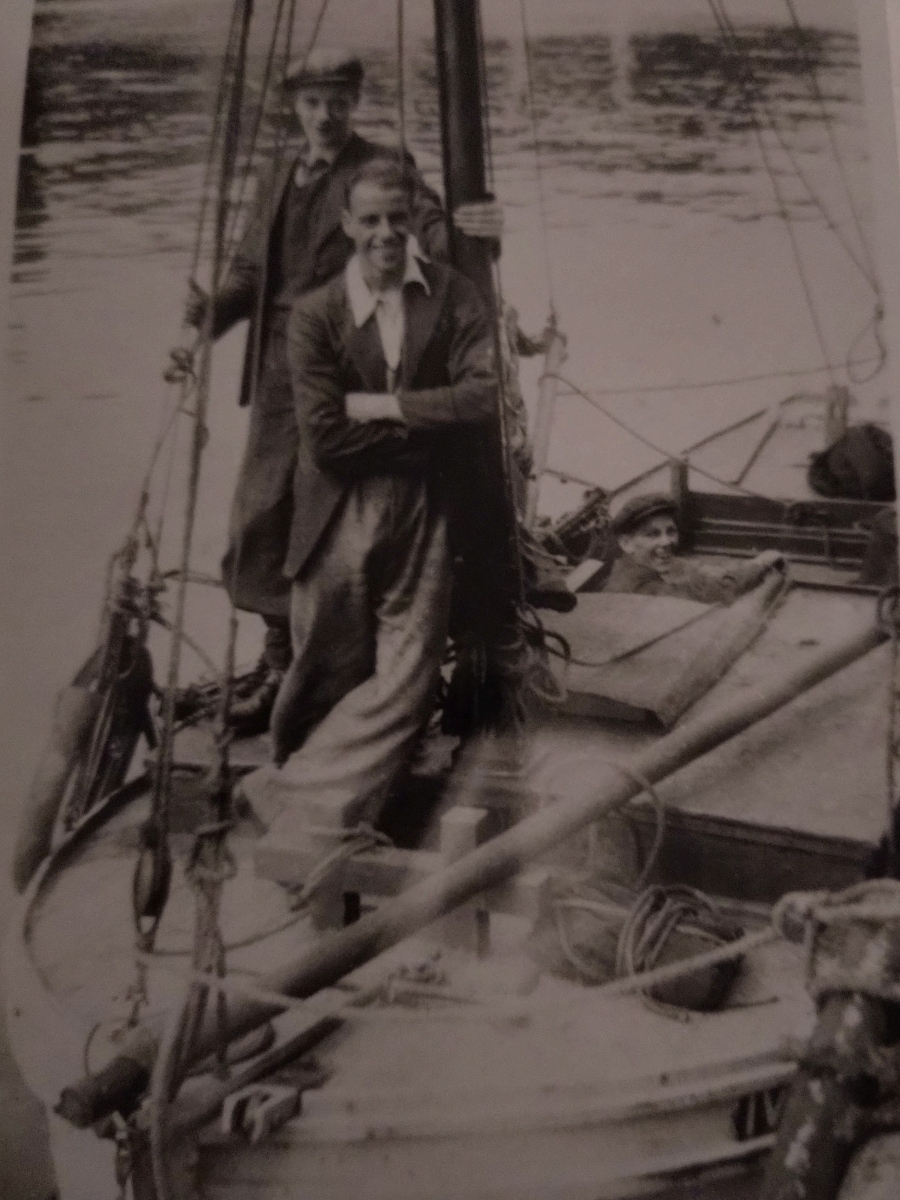
After leaving school and having a few jobs dad then worked on a cargo gravel barge Chas owned by Lincoln and Hull. She would go up to the River Trent near Gainsborough for travel and return to the River Hull to discharge.
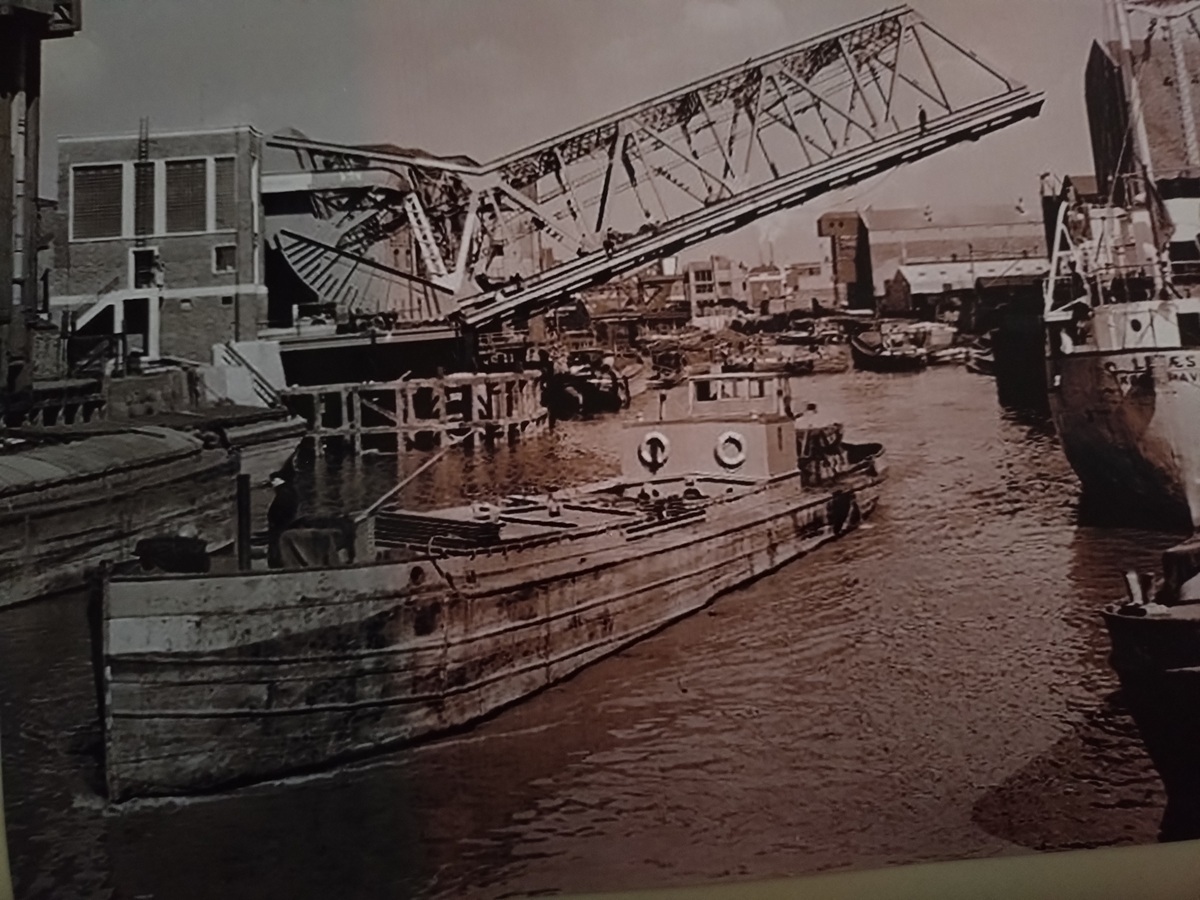
Eventually dad wanted to go to sea, and in May 1939 signed on as mess boy on Elder Dempster's Bassa in Alexandra Dock, Hull. She sailed via continental ports to the West Coast of Africa and this must have being exciting for a 20 year old. Bassa headed back and discharged at Antwerp, Rotterdam and either went into Hamburg and left early or was diverted from Hamburg as war was declared the next day.
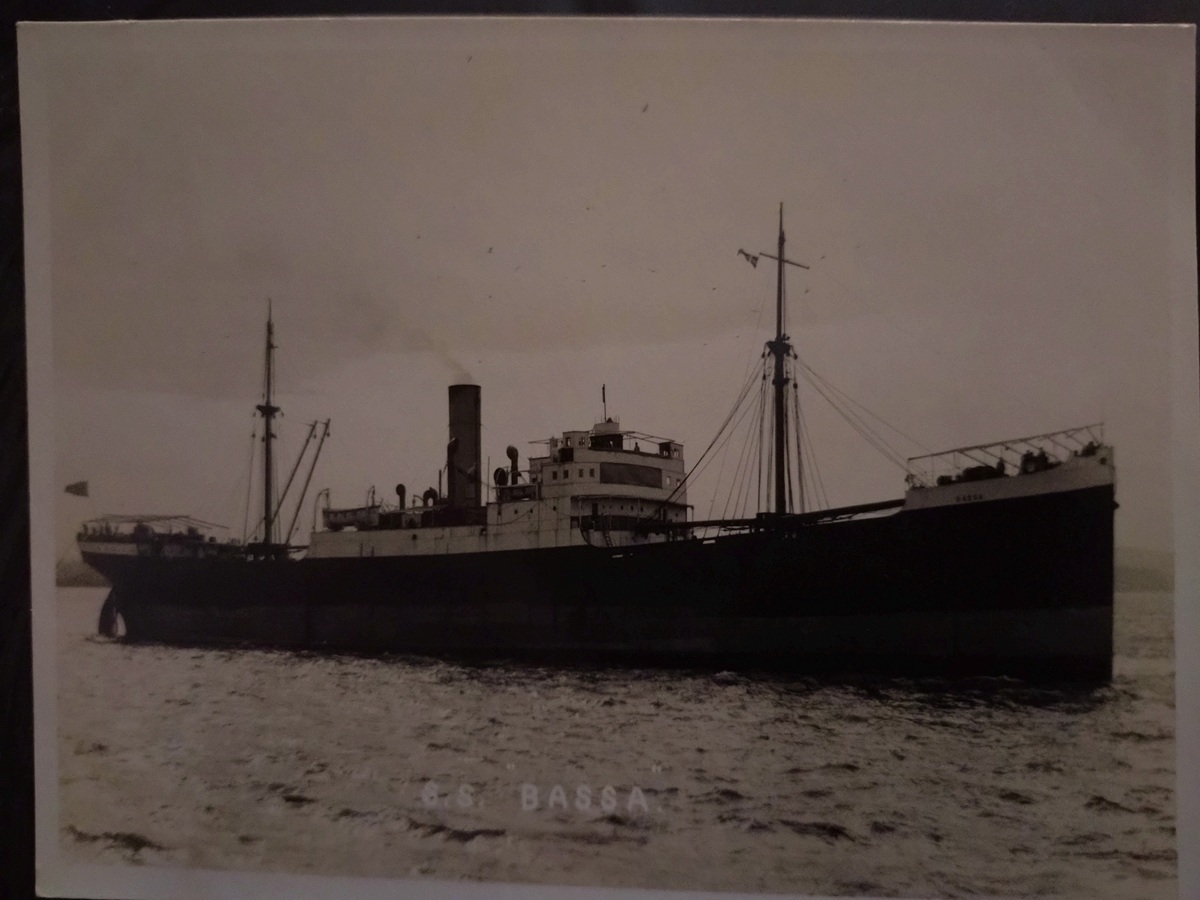
So dad was at sea on the first day of the war, discharging in Liverpool including the cargo for Hamburg which became a war prize, Dad continued at sea as a mess boy but he wanted to work in the engine room, the Bassa was lost in the war. He also did convoys on the Danby of Ropners but somehow managed to sign on the Castilian of Elkermans as a fireman in April 1940.
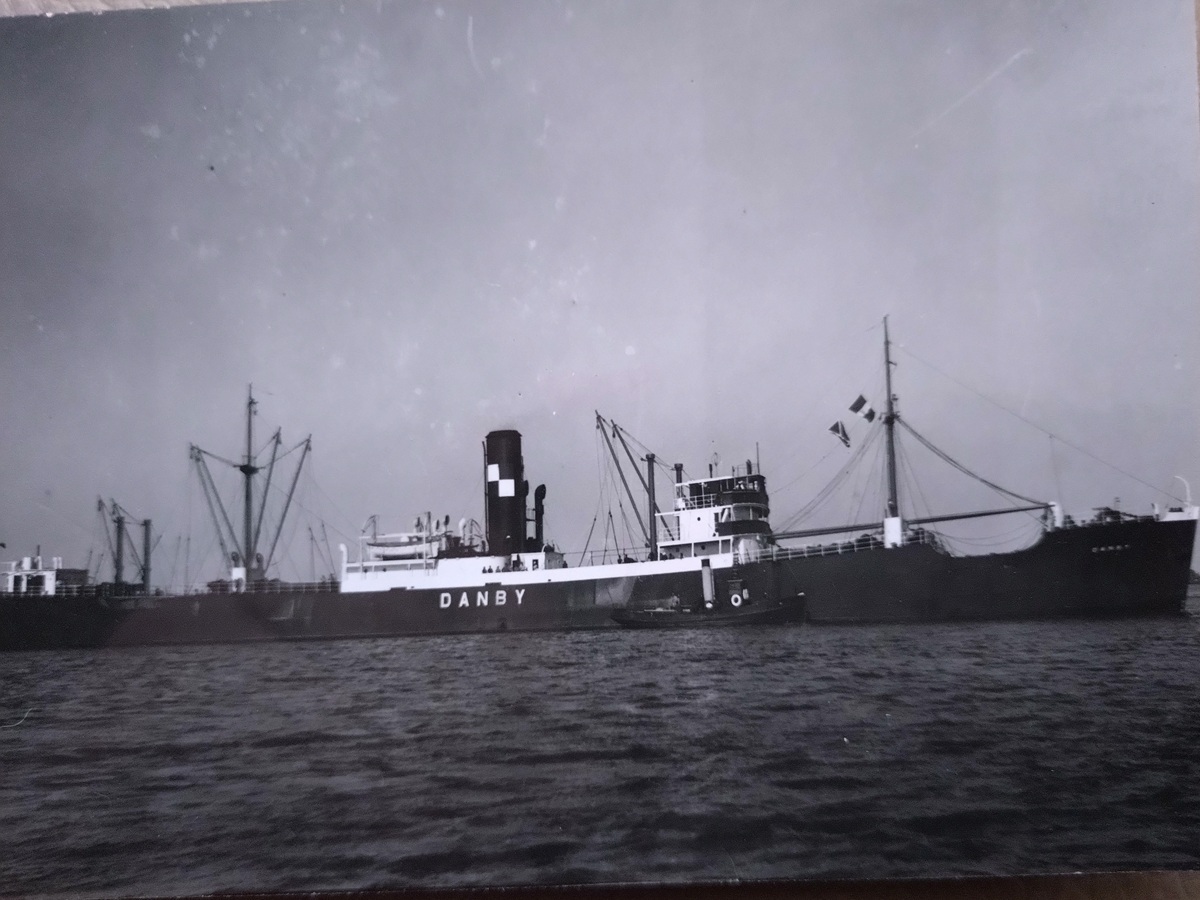
Over to Canada and back in convoy, fairly uneventful until 5 November 1940 when at tea time convoy HX84 was attacked by the Admiral Scheer. Dad was just sitting in the mess when all crew were told to take up action stations, dad with the other fireman went below to help the lads on watch. Alongside dad was another fireman, John Coffey who had jumped ship from the Titanic in Queenstown, he ended up in Hull and died here in the 50s.
Thanks to luck and HMS Jervis Bay Castilian made it back to Hull. He stayed with her until May 1941 when she was in Alexandra Dock and was hit during the Hull Blitz and was damaged, Dad said the funnel was damaged. Dad along with the rest of the crew had to pay off while she was repaired. Most of the crew were sent to Montreal to join the pool and take up American ships on lend lease. Dad went across on the Windsor Castle as passenger and after a train ride to the States was allocated a ship in Baltimore, she was the Willimantic.
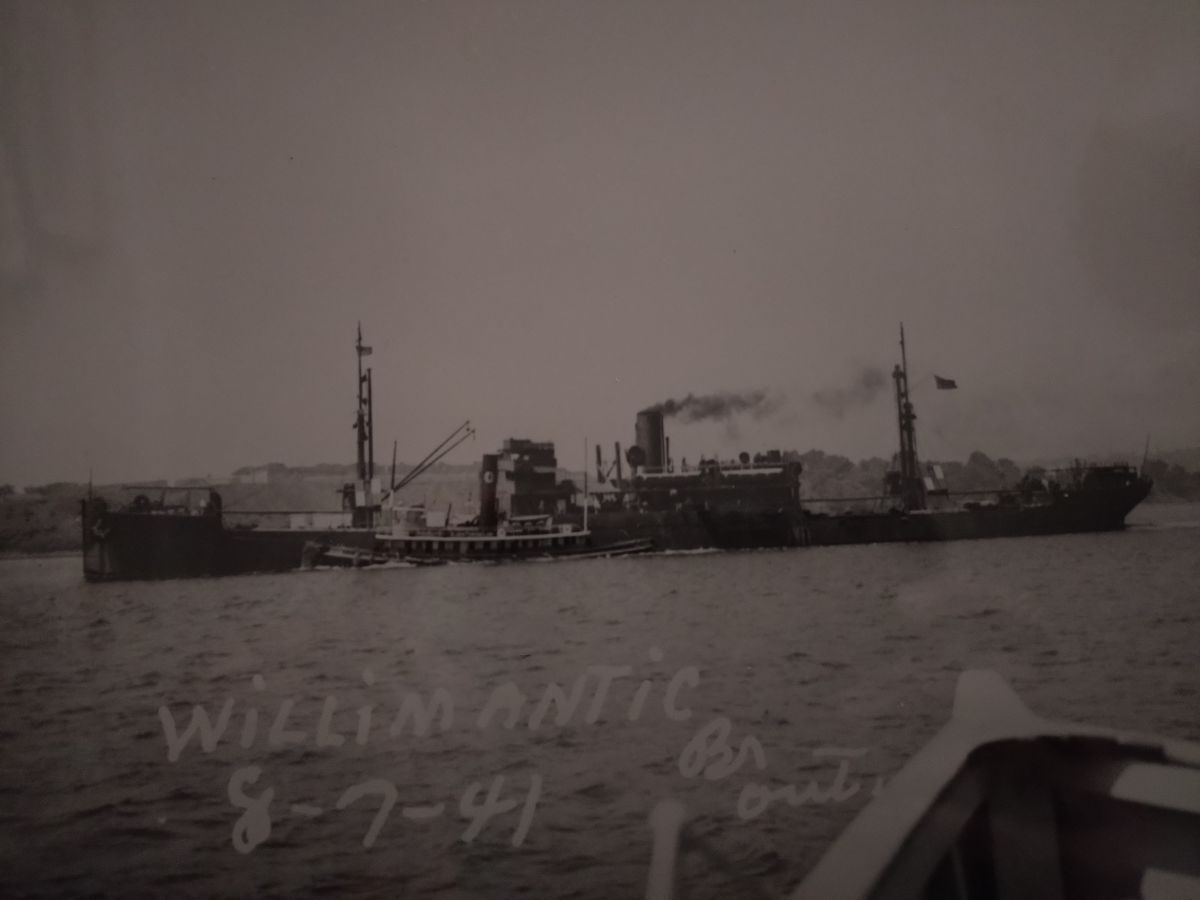
As old as my dad, built 1918 but had been laid up for years. Dad was on her a year from July 1941 to June 1942 she sailed from the States to South Africa and Mozambique then took cargo to Iran and Iraq were it was that hot dad could cook eggs on the deck. Then off to Calcutta were she loaded coal for Bessian and Rangoon in Burma. The coal was for the Rice mills up river through thick jungle. She was in Rangoon as the Japanese invaded bombing the docks, all ships were told to leave as Rangoon would fall in a few days. Willimantic left without Charts, orders or a pilot. Dad said families were offering all amounts of money to take them to safety but the captain refused as he didn't have enough lifeboats and properly thought it could hinder the ship.
RAF lads protecting the sheds on the docks allowed the crew to liberate anything on the quay as it would soon fall in Japanese hands. Dad said rice bags, silk dressing gowns and other items were taken and hidden around the ship. She made it to Colombo were rice and alcohol was swapped with an American ship for ice cream and other foods they hadn't seen in months.
Willimantic then sailed for South Africa. She was then ordered to sail to the states. On 23 June, she brokedown mid Atlantic. She had engine problems due to her long lay up. This was lucky as a U-boat had spotted her but was suspicious.
Eventually dad and the engineers fixed the problem. Dad was on watch in the engine room on 24 June when there was banging and crashing above, dad went to see what was happening and the Willimantic was been shelled, the captain ordered abandon ship and dad went to the lifeboat, as it was been lowered a shell burst and smashed the boat wounding dad and mortally wounding an AB called Mummery next to dad, everyone ended up in the water and dad helped keeping an engineer called Forbes afloat until one of the other lifeboats picked them up. Two boats remained. Dads boat was picked up by the Norwegian ship Tamerlane after six days. Dad said the survived on a couple of thimbles full of water a day and a few pieces of corn beef the size of your thumb nail. Tamerlane landed the survivors at Rio de Janeiro but unfortunalely six shipmates were killed.
After a few days and hospital treatment they boarded the Highland Monarch as distressed British Seamen and arrived in Liverpool, dad got back to Hull on about the 22 August. He married my mum seven days later, a wedding that should have happened nearly a year before when dad was sent to the Willimantic.

